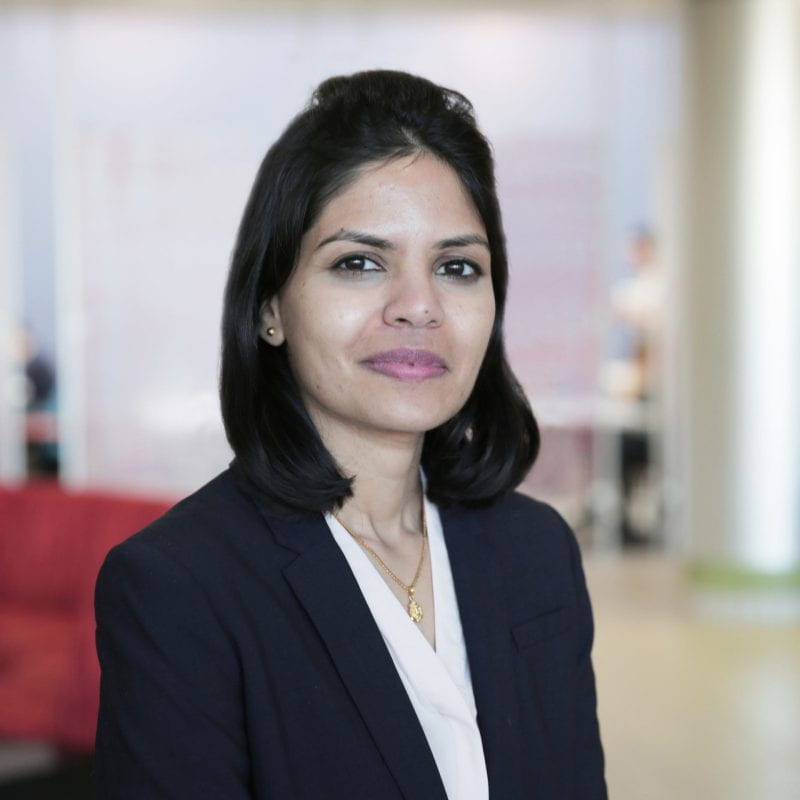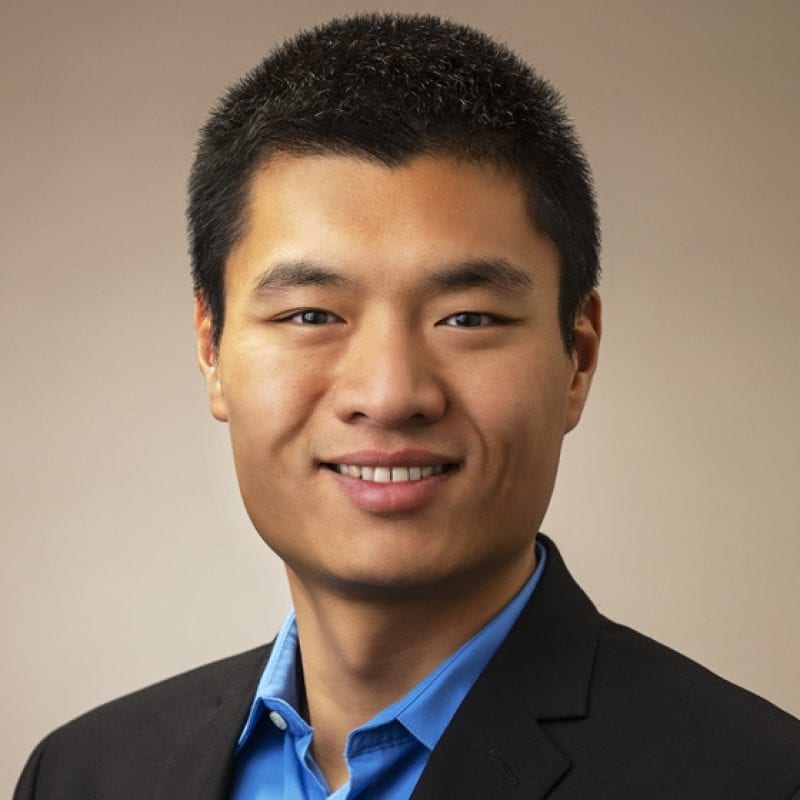AWS Cloud Computing Grants
Amazon Web Services has partnered with the Center for Data Science for Enterprise and Society and has provided a generous gift of AWS Cloud Computing credits available to Cornell faculty. Congratulations to the 2024 awardees! A key factor in selection is contributions in the expansion of data science methodologies across various applied domains.
AWS Grant Recipients

Natalie Bazarova
Professor, Department of Communication, College of Agriculture and Life Sciences, and Director of Cornell Social Media Lab.
This award will enable us to deepen understanding of how youth interact with digital literacy modules on Social Media TestDrive and to inform the development of Social Media Co-Pilots, large-language-model-based, novel conversation AI agents that provide personalized and in-the-moment feedback, which can be integrated into the Social Media TestDrive platform.

Sarah Dean
Assistant Professor, Computer Science, Cornell Bowers CIS
This project is developing simulators and algorithms for advanced weather balloon navigation in order to expand data collection in the stratosphere.

Greeshma Gadikota
Associate Professor, Croll Sesquicentennial Fellow, School of Civil and Environmental Engineering, Robert Frederick Smith School of Chemical and Biological Engineering, and Cornell Atkinson Center for Sustainability,
The AWS credits will be used to investigate the molecular scale mechanisms underlying the selective capture of greenhouse gases such as CO2, CH4, and NOX using Deep Eutectic Solvent encapsulated polymeric materials. The project will lead to the identification of highly effective materials and the corresponding molecular mechanisms for the selective capture of greenhouse gases.

Kyra Gan
Assistant Professor of Operations Research & Information Engineering
My research focuses on developing robust and efficient inference and causal discovery methods.

Allison Koenecke
Assistant Professor, Information Science
Cornell Bowers CIS
This research will allow us to create a replicable data-adaptive experimental design to study discriminatory decision-making. Multi-Armed Bandit methods will be used to identify the types of background characteristics in multi-armed experiments that elicit the most severe discrimination,
allowing us to detect and better understand factors leading to varying degrees of discrimination in decision-making.

Kevin Tang
Professor, Electrical and Computer Engineering, School of Electrical and Computer Engineering
We utilize this award to support our project on developing a concept-centric approach to multi-modality learning.

Thijs Roumen
Assistant Professor, Information Science, Cornell Tech
Successful implementation of this
project will significantly enhance the social engagement and communication experience of AAC users by providing them with tools to create timely and expressive humorous interjections; This is a small
step towards the moonshot goal of making users of AAC fully engage in spoken communication.

Yunan Yang
Goenka Family Assistant Professor, Department of Mathematics,
College of Arts and Sciences
This project’s primary objective is to develop further and enhance Neural Inverse Operators’ (NIOs) capabilities for solving inverse problems involving partial differential equations (PDEs). Classical
approaches face significant challenges, while the NIO framework, by leveraging deep learning, offers a promising alternative to traditional iterative numerical algorithms.

Fengqi You
Roxanne E. and Michael J. Zak Professor, Smith School of Chemical and Biomolecular Engineering
Our research focuses on utilizing advanced AI models to accelerate the discovery and development of polymeric nanoparticles. This project aims to enhance the efficiency and accuracy of nanoparticle synthesis, leveraging large-scale foundational models to revolutionize material design in fields such as drug delivery and biomaterials.

Cheng Zhang
Assistant Professor, Bowers College of Computing and Information Science.
This research aims to develop AI-powered sensing solutions for wearables to interpret speech intentions in everyday activities.

